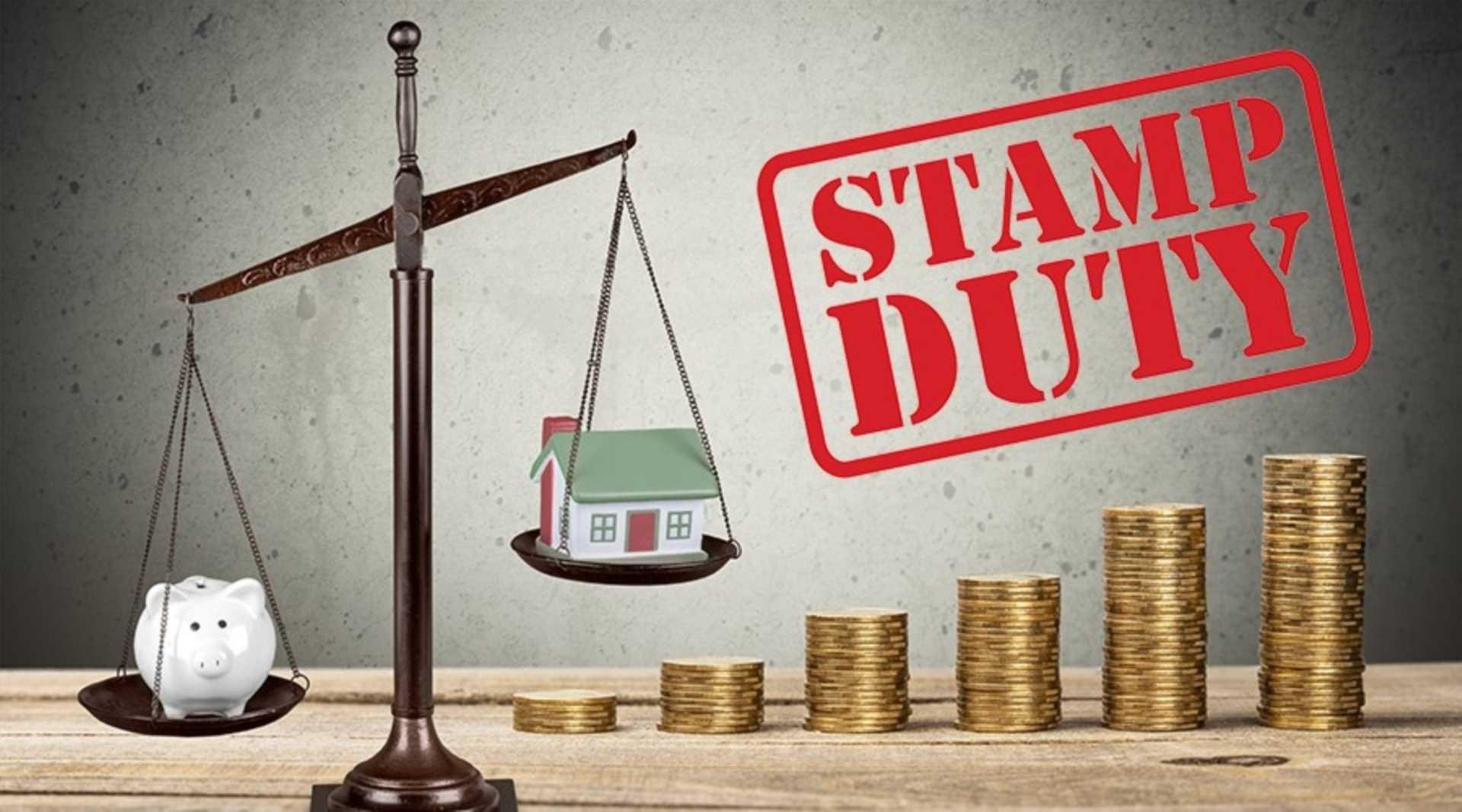Tips On How To Save On Stamp Duty And Registration Charges
Purchasing a property is a significant financial investment, and there are many costs associated with the process. One of these costs is stamp duty and registration charges, which can add thousands of dollars to the overall cost of a property. In this blog post, we will explore tips on saving on stamp duty and registration charges when purchasing a property.
Understand the Stamp Duty and Registration Charges in Your State
The first step to saving on stamp duty and registration charges is to understand what these charges are and how they are calculated. Stamp duty is a tax that is levied on the purchase of a property, and the amount of stamp duty you pay will depend on the value of the property and the state or territory in which it is located. Registration charges, on the other hand, are fees that are levied by the government for the registration of property documents and the transfer of ownership.

To get an idea of the stamp duty and registration charges you may be required to pay, you can use online stamp duty calculators or check with the relevant government authority in your state or territory. Understanding these charges will help you budget for them and plan for any potential savings.
Consider Purchasing an Off-the-Plan Property
One way to potentially save on stamp duty and registration charges is to purchase an off-the-plan property. Off-the-plan properties are those that are not yet built and are sold to buyers before construction is completed. Because offthe-plan properties are not yet built, they are generally sold at a lower price than established properties.
In some states and territories, stamp duty is calculated based on the property's purchase price rather than the market value. This means that if you purchase an off-the-plan property at a lower price, you may be able to save on stamp duty. It's important to note, however, that there are risks associated with purchasing off-the-plan properties, and it's essential to do your due diligence and fully understand the terms and conditions of the sale before committing to a purchase.
Negotiate the Purchase Price
Another way to save on stamp duty and registration charges is to negotiate the property's purchase price. The lower the purchase price, the lower the stamp duty and registration charges will be. While negotiating the purchase price may not always be possible, it's worth considering if you are serious about saving on these costs.
To negotiate the purchase price, you can try to make an offer lower than the asking price, or you can try to negotiate other terms of the sale, such as the inclusion of certain items or fixtures. It's important to be prepared and do your research before negotiating, as this will give you a better understanding of the property's value and the seller's flexibility.
